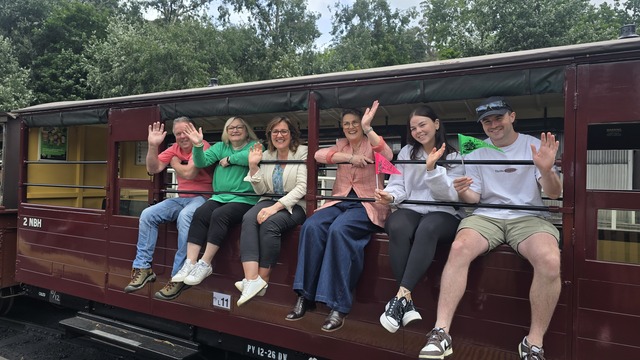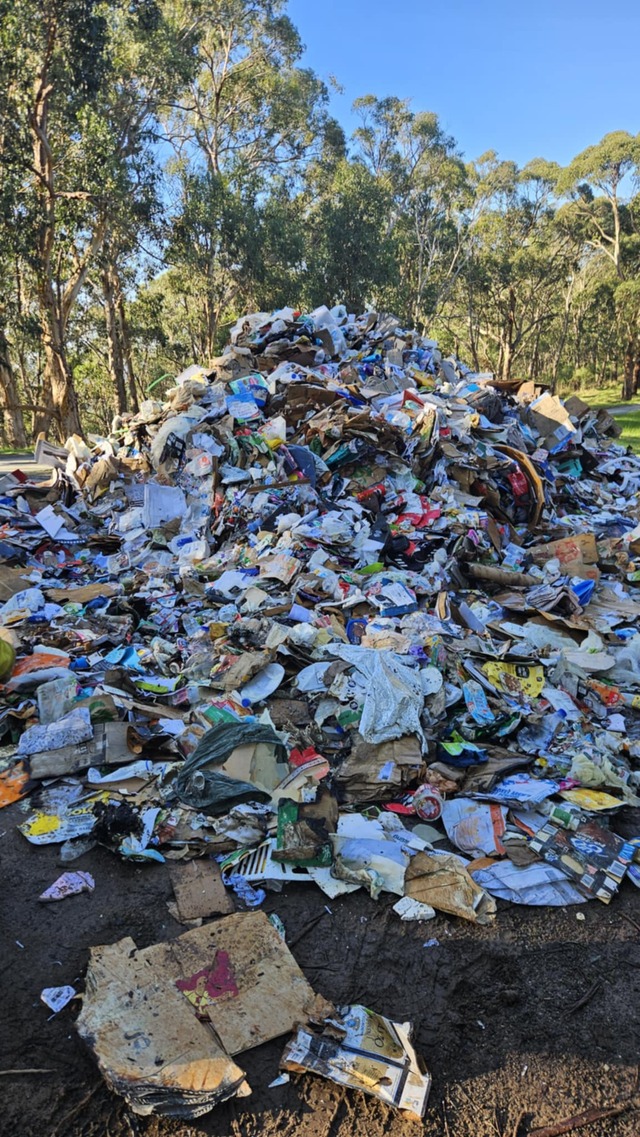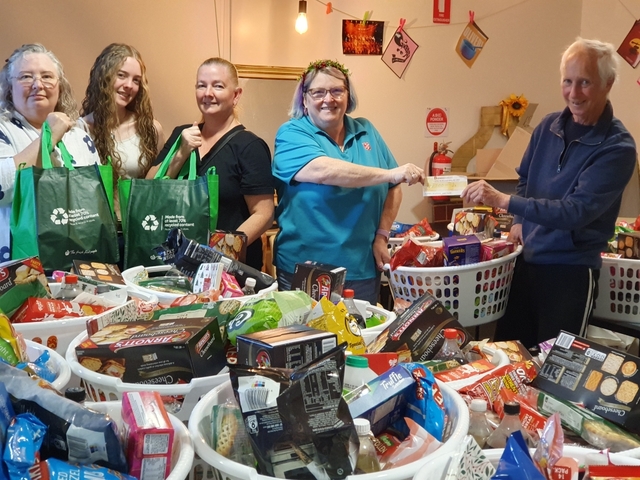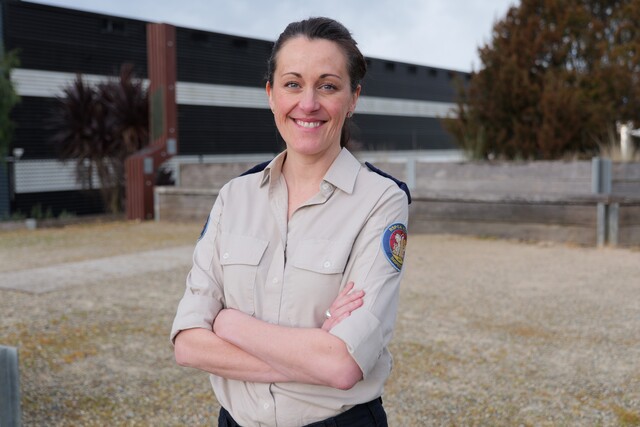Two weeks into a six-week campaign before Casey residents vote on May 21, national support for the major parties has slumped to a five-year low according to pre-election polling.
In the April 18 Newspoll, the Labor and Liberal Party were at their lowest combined first-party preference in over five years, while minor parties, independents and undecided voters claimed a huge chunk of the electoral pie.
Newspoll, administered by market research and data analytics group YouGov and published in The Australian, showed nationally Labor’s first preference vote has fallen to 36 per cent and the Liberal’s to 35 per cent. The Greens, One Nation, Independents and other minor parties carved out 25 per cent of the vote.
The drop in support makes the likelihood of a hung Parliament or minority government more likely, where the major parties rely on the support of independents or minor parties to govern.
Liberal candidate for Casey Aaron Violi said the results were for a national poll and are “a snapshot in time.”
“My focus is on talking to businesses and residents and making sure we’re delivering for them,” he said.
“I’ve been getting great support and I’ve been hearing really strong feedback from the community about having a third-generation local representing them.
“That’s where the focus has to be for me as a candidate, so it’s probably not my place to commentate on a Newspoll.”
Labor candidate for Casey Bill Brindle said the results didn’t surprise him because people “have had government all over them for a couple of years.”
“It’s a smorgasbord of factors that have all come up. Other things that have happened over the past couple of years, it’s a sort of crescendo and we’re just seeing the outfall,” Mr Brindle said.
“People want to see the parliament working, they want to see laws being passed and they want to see things being done. Because I’ve been in business for so long, I get frustrated when I see nothing happening for an awful lot of work.”
Mr Brindle pointed to Covid-19, the possibility of the “big four banks moving on interest rates,” and anger towards politicians as contributing to low first preference support for the two major parties.
“The general public wants to see something produced at the end of the day, they’re sick of the noise.” he said.
The Australian public last saw a hung Parliament in the 2010 federal election — the first in 70 years — when the Labor Party formed government with the support of one Greens MP and three Independents. In the 1940 federal election, neither the Labor nor the Coalition of the United Australia Party and the Country Party was able to govern in the majority after each claimed 36 seats in the House of Representatives. Two Independent MPs supported the Coalition to form a Robert Menzies-led government; however, their support only lasted until late 1941.
Independent candidate for Casey Claire Ferres Miles said despite some people claiming a hung Parliament would be chaos, she believes it would bring a sense of balance to the Australian Government.
“A two-party government is almost the exception now in Australia, whereas in Germany, Belgium and in lots of countries that have had coalition governments for decades, they’re incredibly effective.”
Ms Ferres Miles said “people are tired of the negative, old style of party politics” and the results of recent polling show a loss of faith in the major parties.
“They want a vision, and they want some positivity about the future of the country and where we’re going, they want to hear more than the other guy is hopeless,” she said.
“I’ve heard from almost everyone I’ve spoken to is the desire for a federal integrity commission. People are sick of the corruption, the rorts and the misuse of public money.
“People say to me if I behaved like MPs in Parliament, I’d be sacked in my workplace.”
Mr Brindle supported the call for a federal anti-corruption commission as a way to regain the public’s faith in politics.
“I don’t care how much power it’s got. If you do your job and you stay within the rules that you’re meant to stay within, you’ve got nothing to worry about,” he said.
“You’ve got to hold people to account and if you’re you’ve taken up the post as a Member of Parliament, then you are accountable. If you can’t do it, you shouldn’t be there.”







